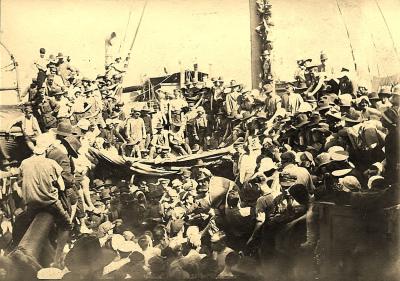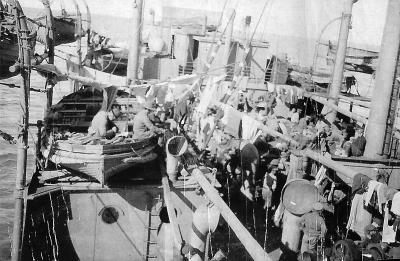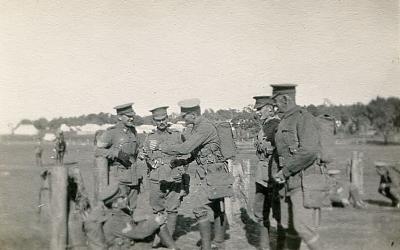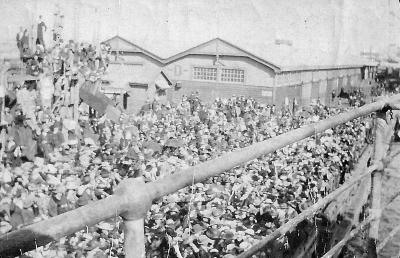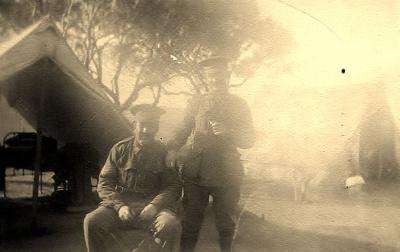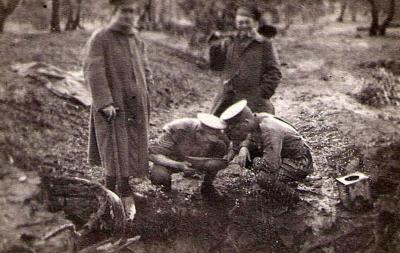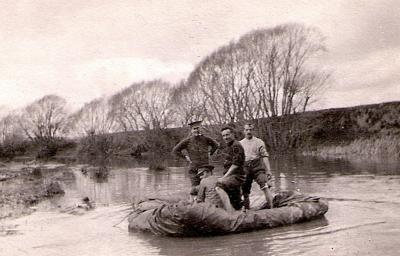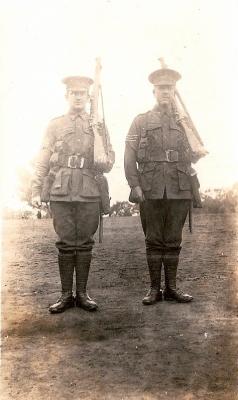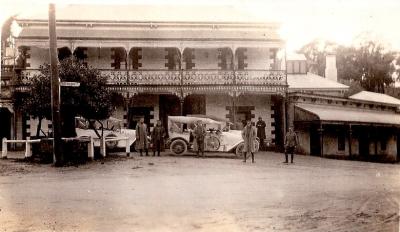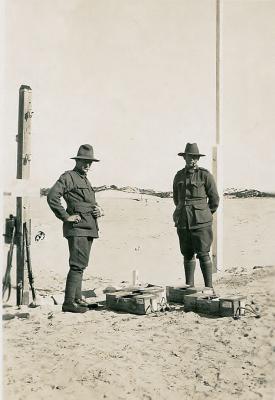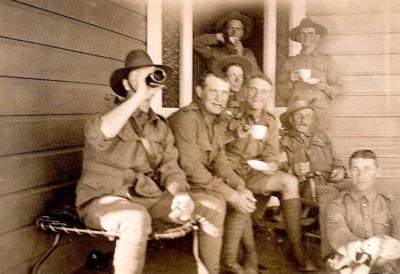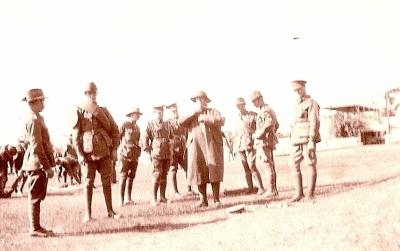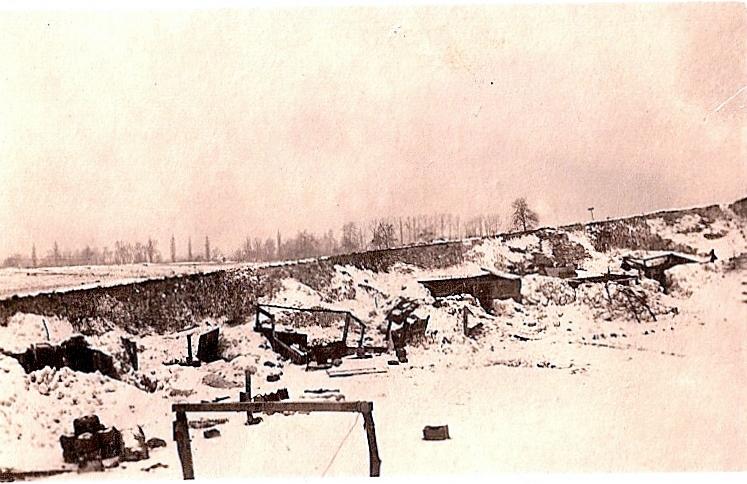World War 1, Europe Larceville, CHARLTON, 51 Battalion, 1918
191851 Battalion Head Quarters at Larceville near Ribemont
The 51st Battalion was formed in Egypt in March 1916, as part of the AIF's expansion. It comprised Gallipoli veterans from the 11th Battalion and new recruits from Western Australia, reflecting the 11th's composition. The battalion joined the 13th Brigade of the 4th Australian Division.
Arriving in France on 12 June 1916, the 51st quickly moved into the Western Front trenches and fought its first major battle at Mouquet Farm in August and September, suffering significant casualties. For the rest of 1916, it alternated between front-line duty and rear-area training.
In early 1917, the 51st advanced following the German retreat to the Hindenburg Line and attacked Noreuil on 2 April. Later, it fought in the Ypres sector, participating in the battles of Messines and Polygon Wood in mid-1917. Another winter of trench warfare followed.
Anticipating a major German offensive after Russia's collapse, the 51st defended Dernancourt in March 1918 and counter-attacked on 5 April. On 24 April, it launched a significant assault at Villers-Bretonneux. During the Allied offensive in August, the battalion was active until mid-month, then moved to rear-area duties. It rejoined the front for its final operation on 18 September at the Hindenburg "outpost line". After the Armistice on 11 November 1918, the battalion disbanded on 5 May 1919 as men returned to Australia.
Details
Details
Open in Google Maps
Nearest geotagged records:
Australian Army Museum of Western Australia
Australian Army Museum of Western Australia
Other items from Australian Army Museum of Western Australia
- World War 1, Europe, 51 Battalion, 1917
- World War 1, Europe, 51 Battalion, 1917
- World War 1, Australia Duntroon, 51 Battalion, 1915
- World War 1, Western Australia Fremantle, 51 Battalion, 1917
- World War 1, Australia Duntroon, COULTHARD, CHARLETON, 51 Battalion, 1915
- World War 1, Australia Duntroon, 51 Battalion, 1915
- World War 1, Australia Duntroon, 51 Battalion, 1915
- World War 1, Australia Duntroon, 51 Battalion, 1915
- World War 1, Australia Duntroon, 51 Battalion, 1915
- World War 1, Western Australia Swanbourne 51 Battalion, 1916
- World War 1, Western Australia Swanbourne, 51 Battalion, 1916
- World War 1, Western Australia Blackboy Hill, 51 Battalion, 1916
